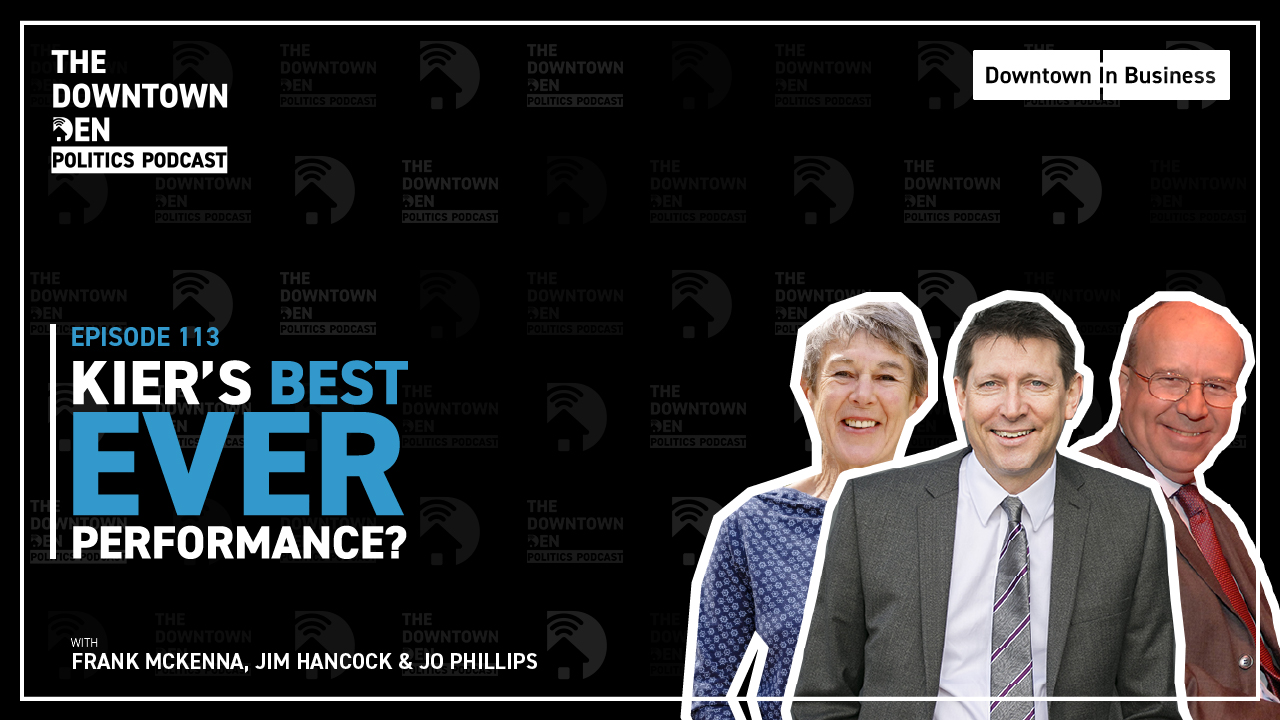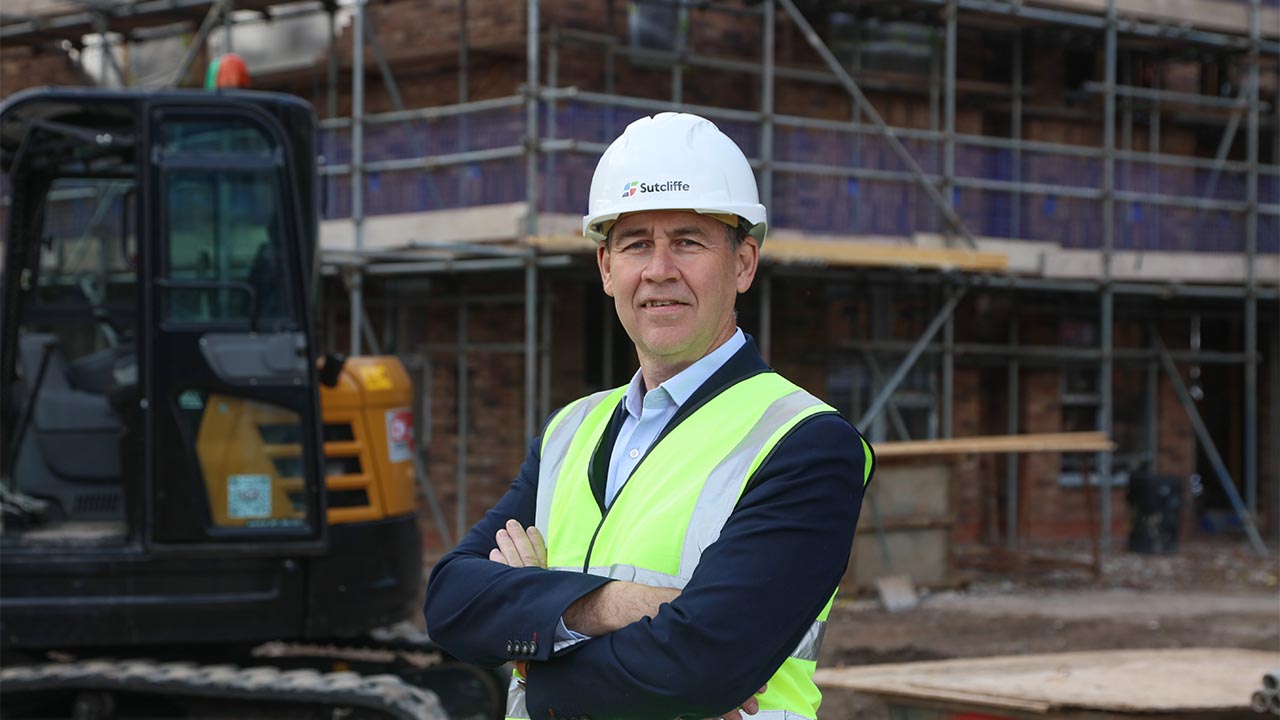Looking ahead to the next 12 months, Sean Keyes, CEO at Sutcliffe outlines his thoughts on what will happen in 2025.
“2024 was anything but predictable, with the construction sector reacting to an ever changing political landscape marked mainly by the general election and autumn budget. Amid these challenges, 2024 saw the UK construction sector positively support the ambitious plans of the Prime Minister, Sir Keir Starmer, to build 1.5 million homes during his first term in power. This in part will help to correct the housing shortage felt across the UK. I am sceptical that we will hit these figures as it will mean almost doubling the number of homes being built by 2029. We haven’t built this many homes since the 1970’s. This pledge promises to spearhead the creation of the next generation of towns and cities over the next four years, starting in 2025. House building must now become a top priority for the Government, who must simply deliver, as we have not built at this level in over 50 years. Housing is an essential part of a happy and healthy life. Quality housing shouldn’t be out of reach for people in one of the richest countries in the world and the only viable solution to addressing the housing crisis requires bold measures such as constructing hundreds of thousands of new homes, something I expect to gather pace in the years to come.
“My prediction is that we will not build 1.5m homes in five years, but will get close to 300,000 in a single year. To achieve this, national planning policy needs to radically change as in my experience most complex planning applications can take 12 months and not the ideal 16 weeks. Recently, the Deputy Prime Minister, Angela Rayner, outlined plans to accelerate the removal of unsafe cladding to the exterior of many homes by the end of 2029, something I expect to gain momentum in 2025. However, this is not going to be a quick fix as the costs involved are astronomical and fundamentally, the Government finances are tight and there is a skill shortage when it comes to this type of work.
“However, the outlook for businesses in 2025 is optimistic even if there are tax rises coming; businesses will adjust and make it work. If we build the homes predicted, then the construction sector will be busy. The recent hike in national insurance is poised to place an extra tax burden solely on businesses, exacerbating an already demanding tax landscape. The harsh reality of this will be that it will lead to inflation. The idea that prosperity for all can be achieved through taxation is flawed. This rising tax pressure will slow down innovation and ultimately hinder economic success. As we approach 2025, addressing this issue will be essential to safeguard the country’s business landscape.”









